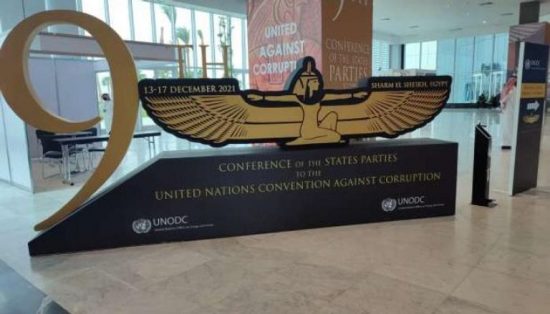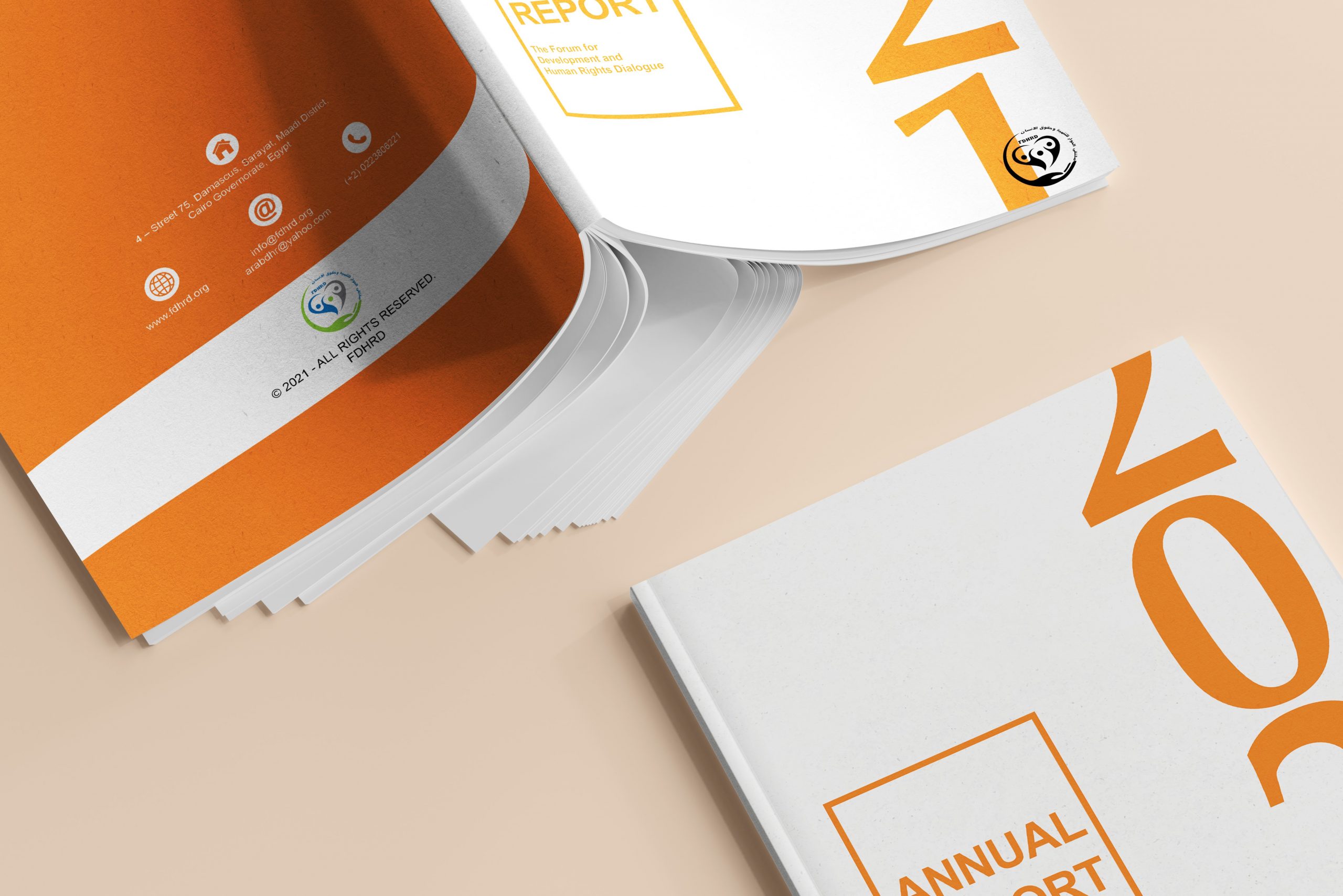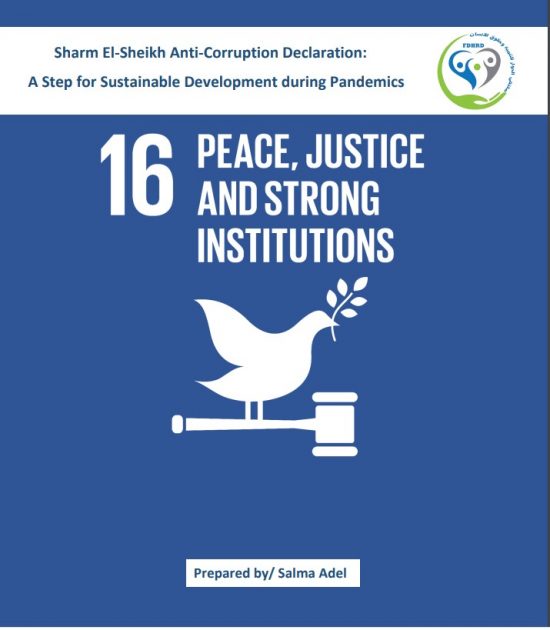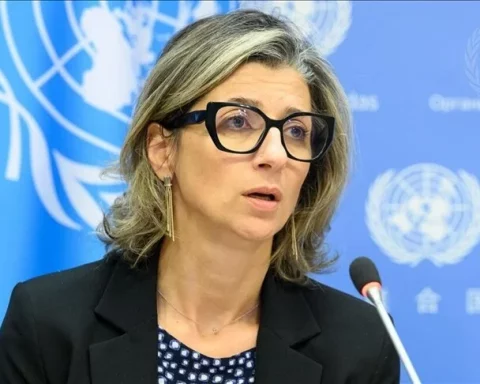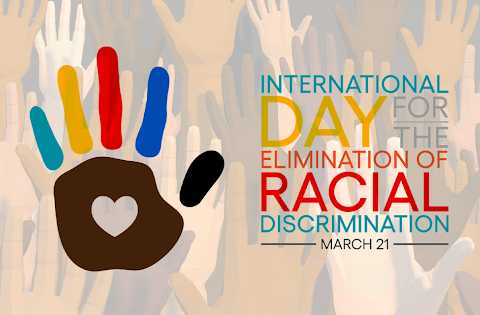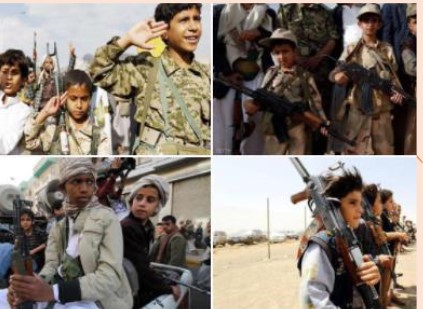Press Release
………………………………………………………….
Today, Wednesday, January 26, 2022, the Unit of Transparency and Integrity at the Forum for Development and Human Rights Dialogue (FDHRD) issued a report entitled: (Sharm El-Sheikh Anti-Corruption Declaration: A Step for Sustainable Development during Pandemics).
The report emphasized that corruption is a global phenomenon that has dire economic, social and political consequences, and is one of the obstacles to achieving the SDGs related to peace, justice, and strong institutions, and the environment. Corruption leads to waste of public money, reduces state revenues, and negatively affects developing countries in particular. The COVID-19 pandemic has also posed a challenge to combating corruption in the world.
The United Nations Convention Against Corruption (UNCAC)
The UN found the need to develop common international measures and solutions to solve this issue. The Convention was adopted in 2003, with 189 countries signing and ratifying it. It included preventive measures to stop corruption, as well as criminalization and law enforcement measures to punish corruption. It also stressed the importance of international cooperation to confront this phenomenon and for asset recovery. The Convention includes the importance of training, technical assistance, and the collection and exchange of information.
The Ninth Session of the Conference of the States Parties to the UNCAC (COSP9)
The ninth session which was held in Egypt in December 2021, resulted in the Sharm el-Sheikh Declaration on strengthening international cooperation in the prevention of and fight against corruption during times of emergencies and crisis response and recovery.
It also emphasized the Marrakesh Declaration on the Prevention of Corruption (2011), the Abu Dhabi declaration on enhancing collaboration between the supreme audit institutions and anti-corruption bodies to more effectively prevent and fight corruption, and the use of information and communications technologies (2019), Riyadh initiative to enhance international cooperation in the enforcement of anti-corruption the promotion of education, awareness-raising and training, the use of beneficial ownership information to facilitate the identification, recovery and return of proceeds of crime, and the implementation of the United Nations Convention against Corruption at regional levels.
The UNCAC and the SDGs
The ninth session of the conference emphasized the linkage of the Convention with the SDGs. The SDGs address with the goals of the UNCAC in its content.
Corruption, money laundering and related financial crimes also affect the environment-related SDGs, as environmental corruption is an obstacle to reaching the SDGs
The UNCAC and the Developing Countries
Developing countries are the most affected by corruption, as corruption reduces their capabilities and potential which are already limited. Therefore, it is the countries that benefited the most from the United Nations Convention against Corruption. It provided them with a comprehensive framework that can be followed to prevent corrupt practices, and a legal framework to punish it. The Convention gave developing countries the opportunity to obtain technical assistance from the UN, as well as, other countries.
The Egyptian State and the Recommendations of COSP9:
The Egyptian experience of the fight against corruption and the COVID-19 pandemic has been reflected on the recommendations of COSP9 to the UNCAC. The UN adopted the Egyptian recommendations after its success locally. The fight against corruption is considered an intersectional issue in all the measures taken by the Egyptian state, and this matter did not differ in light of the COVID-19 crisis.
The Egyptian institutional framework for dealing with crises is the Crisis Management & Disaster Reduction Sector at Information and Decision Support Centre, the National Committee for Crisis and Disaster Management and Risk Reduction, the Council of Governors to deal with the crisis in the governorates, and the health committees of the House of Representatives and the Senate to follow up on the government’s performance with regard to all decisions related to the crisis
In order to monitor the measures implemented and provide the public with timely information in times of emergency, the Ministry of Planning and Economic Development has established ” Egypt’s COVID-19 Policy Tracker”, to monitor all the measures taken by the state.
In the context of understanding the links between gender and corruption, especially in emergency situations, an observatory of policies and programs that respond to the needs of women during the emerging Coronavirus pandemic was established.
A hotline system for complaints was also activated. The complaints system concerned with anti-corruption has also been developed. However, the country still needs a legal framework to protect whistle-blowers, witnesses, victims, and experts, and allow for international cooperation in criminal matters. However, there are still efforts by the state to enhance international cooperation.
In order to combat corruption in the allocation and distribution of relief, the Egyptian government has sought to implement clear and transparent criteria to ensure the equitable distribution of COVID-19 vaccines. Moreover, the government has published the citizen’s budget 2020-2021 on the website of the Ministry of Finance, in addition to publishing a report on government procurement.
Within the framework of promoting education, awareness and training in the field of combating corruption, the state conducts trainings for employees and awareness campaigns for citizens in partnership with civil society organizations and the media.
Finally, the ninth session of the conference also affirmed the Convention’s link to achieving the 2030 Agenda for Sustainable Development, especially the Sustainable Development Goal 16, requesting the UNODC to cooperate with the UNDP to strengthen anti-corruption measures that enable the implementation of the 2030 Agenda for Sustainable Development.

